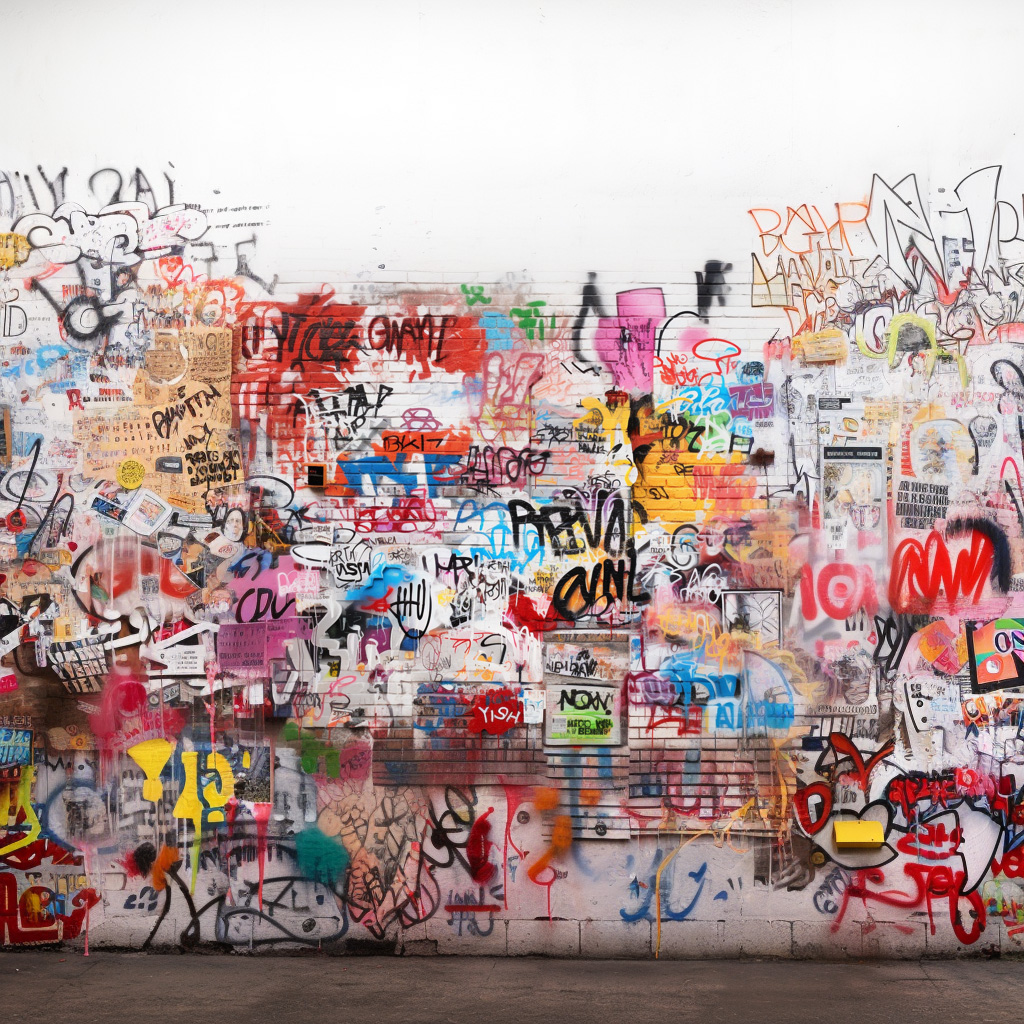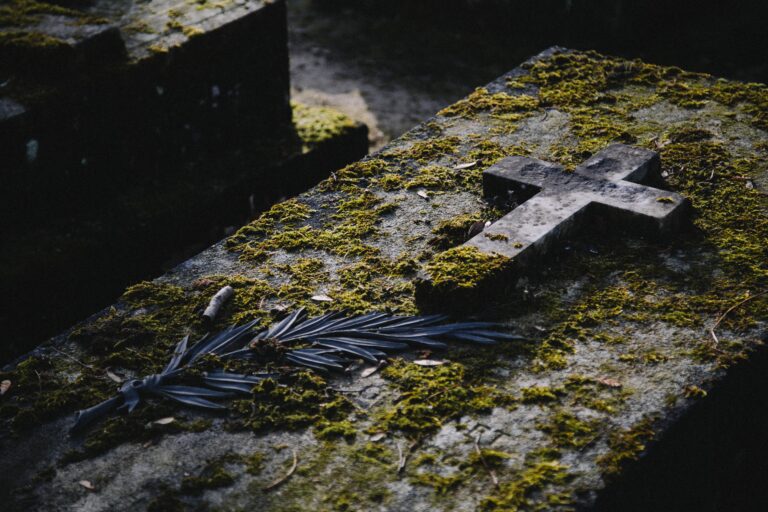The familiar, the new and discernment for daily living
I’ve been wondering: is anything ever totally new? Some say that every seven years we have new bodies — all new cells. The saying, though, is a myth: brain cells aren’t replaced; we keep them our entire lifetimes. No matter what’s new, and no matter what’s familiar, when our world shifts and moves, how do we know what to do? How do we decide how to live, how to structure our lives?
This might be on my mind lately because I am living on familiar land, yet the landscape seems new. I am living near where I once felt very happy and at home: a neighborhood I like In Chicago. It’s a place where Lake Michigan breezes blow through and people are always on the move. Me, though: I moved away over seven years ago.
Now I’m back and I am glad. As I moved in, I unpacked boxes and situated my things in a new bedroom, while desires and daydreams floated through my mind, heart. I started to wonder: what structures and designs will allow me to be healthiest here? What sort of horarium will allow me to be the most happy and free? What level of intentionality and discipline is required of me, so I am fully alive–and also who God calls me to be?
I sorted through my possessions and imagined my new rhythms to my days, while the space took shape around me. I situated office supplies, books, and arranged my new bed, feeling the softness of a quilt made by my Iowan aunt between my fingers. The textures feel familiar, yet I felt a bit lost, unsure.
Although the neighborhood is familiar, I am seven years older. What I’m adapting to is a story of back and forth, of becoming new.

In the space of what’s new and what’s familiar, I must make some decisions. When it comes to decisions about what’s best for me — for any of us — I am growing to believe that we can’t guess, can’t try to figure it out. Life isn’t a puzzle or a problem to be solved. Rather, we get to follow a path and submit to the mystery. This is especially so for those who are dedicated to Christ and long to live the Gospel — for Franciscans like me.
The Paschal Mystery — the pattern of following and responding — shows me again and again that the call is to die, then know new life. Letting go of attachments and our ideas allows us to die to self. No longer clinging to things blocking me from God, our hands are freed to embrace the cross and our hearts our open to growth and holiness.
With all this in mind, I decide to stall on the task to come up with my plans, intentions and the design of my days. It didn’t take long for it to dawn on me that I need to enter into discernment before I can come up with a structure.
Discernment. The word that was much more popular in the past than now, an online search tells me. No matter that the word is less popular now than before, Pope Francis insists: “The gift of discernment has become all the more necessary today, since contemporary life offers immense possibilities for action and distraction, and the world presents all of them as valid and good.” (Gaudete et Exsultate #167)
When I first learned the word “discernment” I thought it meant something like, “holy deciding.” Actually, the origins of the word are related to distinguishing, differentiation. Nowadays discernment causes me to think of sorting and separation. I’ve learned that discernment is about seeing patterns in my life, in my thinking. I work to answer the questions: What pulls on my heart? What fills me with dread? What cause me to feel regret? Where do I discover joy and meaning? When do I feel most fully alive? When do I feel closest to God?
In order to discern how to structure my life in this new time–how to bring the new version of me to this familiar city–I must pay attention. I will only gain insight into what the Spirit invites of me if I notice the patterns, images and feelings in my dreams (day and night), in the silence pauses, and the communal beats. In the interweaving of the ordinary days and extraordinary moments I expect to discover what is needed of me. If I pay attention well, I hope to see how to fully love God, neighbor, and self.
There are many ways to pay attention that I are helpful, and in each one is a tool I need to unpack and apply to my new life. Spiritual journaling. A daily examen. Regular meetings with a spiritual director. Plus, regular solitude and silence are essential too. To tell you the truth, I am not sure I would tune into God stirring around the contents of my heart if I didn’t turn off the noise.
It doesn’t matter if it’s a big decision or something small and ordinary — like how to spend an hour of free time — good discernment builds up my discipleship and helps me keep focused on God’s will over my own.
Pope Francis says so too: Discernment is necessary not only at extraordinary times, when we need to resolve grave problems and make crucial decisions. It is a means of spiritual combat for helping us to follow the Lord more faithfully. We need it at all times, to help us recognize God’s timetable, lest we fail to heed the promptings of his grace and disregard his invitation to grow. Often discernment is exercised in small and apparently irrelevant things, since greatness of spirit is manifested in simple everyday realities. (Gaudete et Exsultate #169)
I’m seven years older and back to a familiar neighborhood, and now I’m discerning how to be, how to put together a new life ordered around God’s will. And as I do, I expect to discover God’s great spirit alive and active all over the place, in all sort of “simple everyday realities.”





Loved reading this! So insightful.
Wonderful piece. Welcome back!